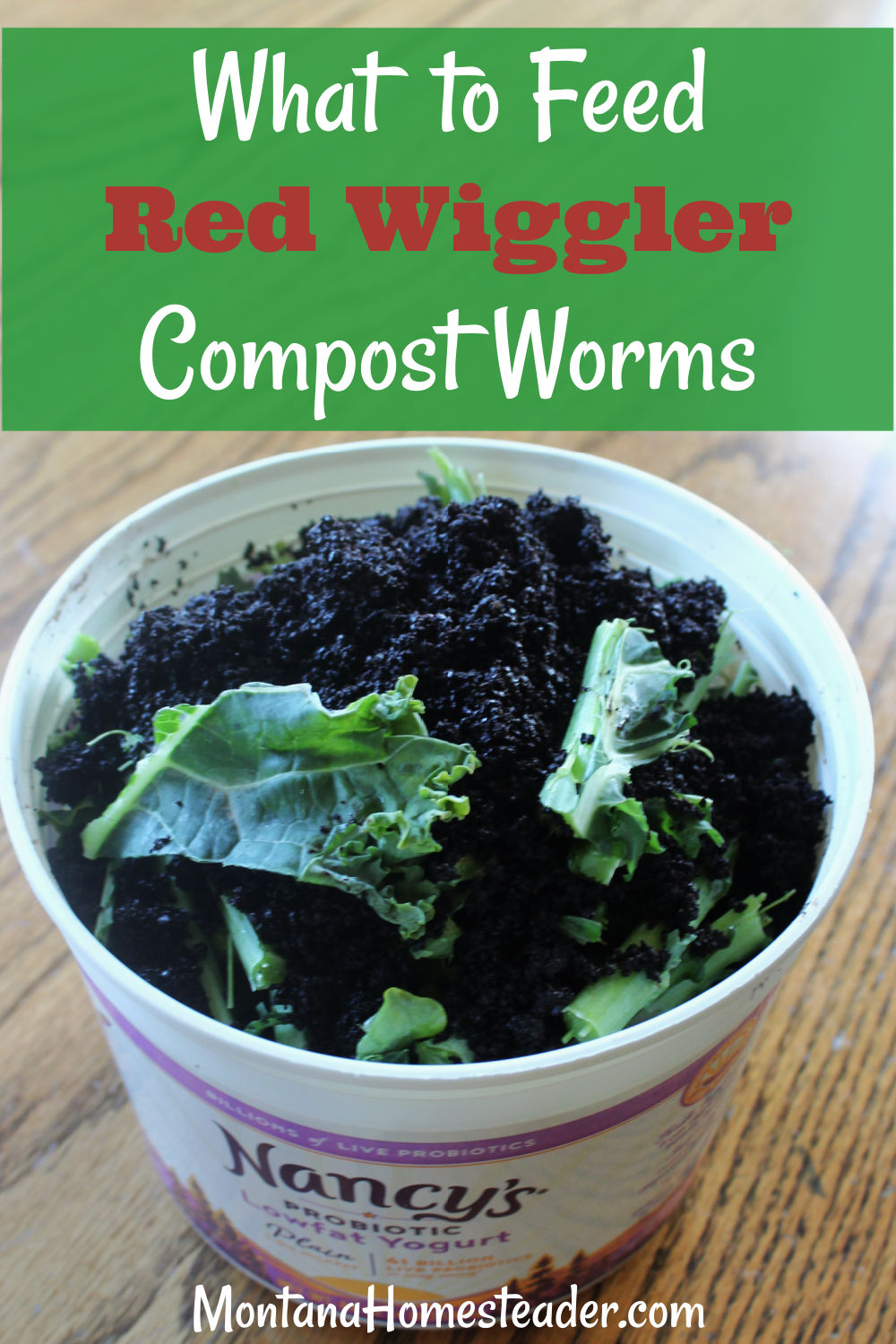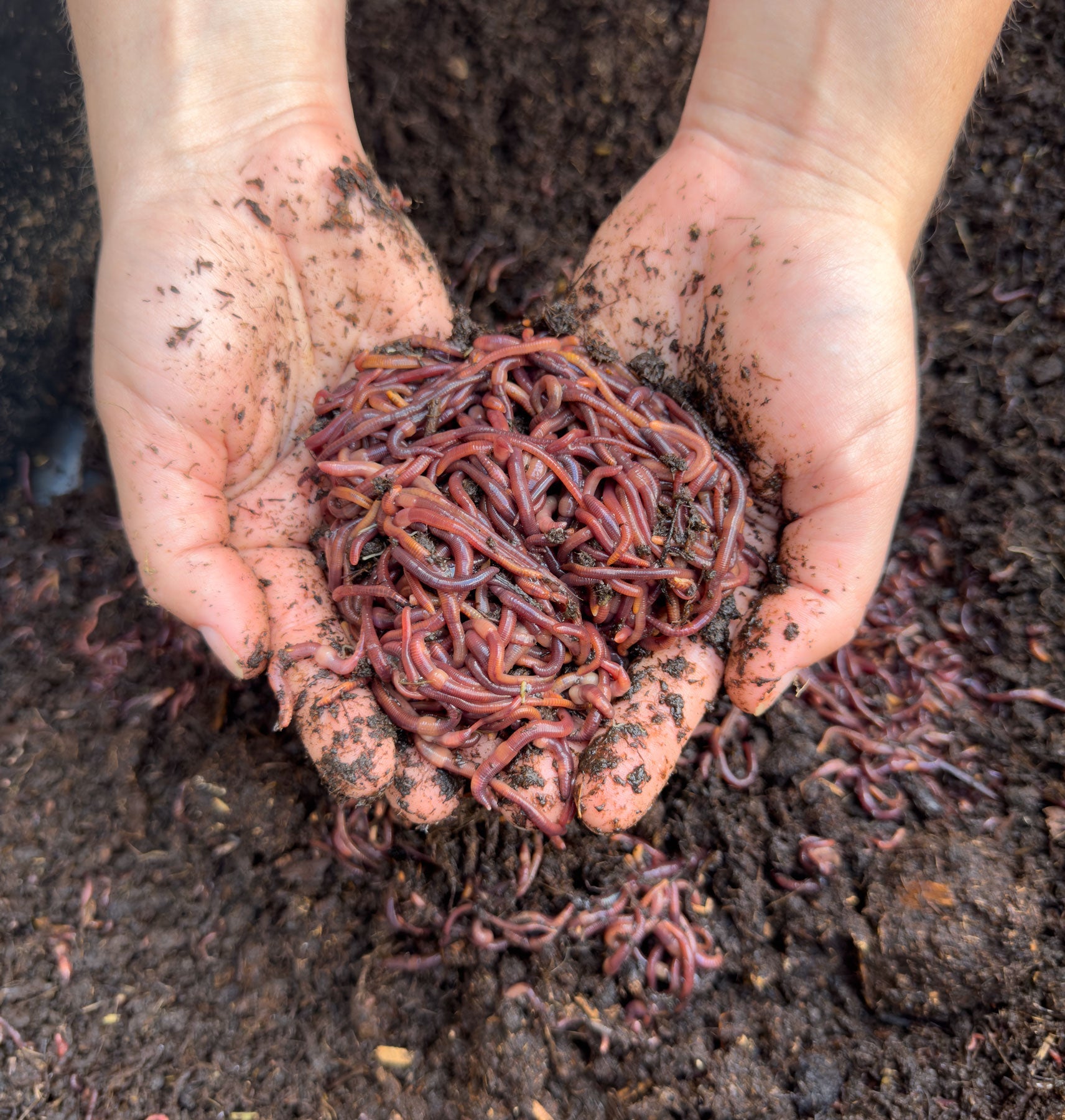Enjoy Healthy, Thriving Grass with the Help of Red Wiggler Express Lawn Care Solutions
Enjoy Healthy, Thriving Grass with the Help of Red Wiggler Express Lawn Care Solutions
Blog Article
The Extraordinary World of Red Wigglers: Boost Your Soil Fertility Today
These tiny yet effective microorganisms transform organic waste right into useful worm castings, dramatically enhancing dirt health and promoting sustainable techniques. As we discover the benefits of vermicomposting and the useful actions to create an efficient worm bin, the potential effect of these worms on your horticulture success comes to be increasingly obvious.
Comprehending Red Wigglers
Red wigglers, medically referred to as Eisenia fetida, are a types of earthworm that play a crucial function in improving soil fertility. These worms flourish in organic-rich atmospheres, such as compost heap and decaying plant material, where they take in natural waste and excrete nutrient-dense spreadings. Their special anatomy, featuring a fractional body and a clitellum, permits them to duplicate rapidly and efficiently process big amounts of organic matter.

The environmental significance of red wigglers expands past mere waste handling; they add to the dirt food internet, fostering a varied neighborhood of microorganisms that better improve soil health and wellness. Understanding the biology and actions of red wigglers is necessary for harnessing their complete capacity in lasting agriculture and horticulture methods.
Advantages of Vermicomposting
(Red Wiggler Express)Harnessing the power of red wigglers via vermicomposting offers many advantages that considerably boost soil health and wellness and fertility. Among the main benefits is the production of nutrient-rich worm castings, which are a superb natural fertilizer. Red Wiggler Express. These castings have important nutrients like nitrogen, phosphorus, and potassium, advertising durable plant growth and enhancing plant yields
The visibility of worm spreadings boosts dirt appearance, allowing for better water retention and drainage. Red wigglers help break down organic matter, accelerating decomposition and recycling nutrients back into the soil.
Vermicomposting likewise promotes microbial activity, which is important for a healthy soil community. Beneficial bacteria flourish in the existence of worm castings, aiding in the breakdown of organic products and boosting vitamins and mineral schedule to plants.
Finally, vermicomposting acts as an efficient waste management solution, reducing land fill waste by reusing kitchen area scraps and other organic products. This not just contributes to environmental sustainability yet additionally advertises a circular economy within horticulture and farming.
Exactly How to Set Up a Worm Container
Establishing up a worm bin is a straightforward procedure that can substantially enhance your composting initiatives. Begin by picking a suitable container, which can range from a readily offered worm bin to a straightforward plastic or wood box (Red Wiggler Express). Make sure the container has adequate air flow; little openings in the lid and sides will promote air flow
Following, produce a bedding layer to offer a comfortable setting for the red wigglers. This can be made from shredded newspaper, cardboard, or coconut coir, dampened to a damp, sponge-like uniformity. Fill the container to about one-third full with this bed linen material.
When the bedding is prepared, it's time to present the worms. Red wigglers thrive in natural waste, so place them carefully onto the bedding. Cover the worms with a light layer of extra bed linens to assist them acclimate.
Feeding Your Red Wigglers
Supplying the right food for your red wigglers is crucial for their health and the effectiveness of your composting system. Red wigglers thrive on a different diet regimen, mainly containing organic materials such as vegetables and fruit scraps, coffee grounds, and shredded paper. These materials not just provide vital nutrients yet also add to the microbial task in the worm container, which is important for the worms' food digestion.
It is important to prevent particular foods, such as milk products, oils, and meats, as these can draw in bugs and develop unpleasant odors. Furthermore, citrus peels and extremely zesty foods should be limited because of their possible to damage the worms. A balanced method to feeding includes checking the quantity of food introduced to the bin, guaranteeing that it is taken in within an affordable time structure to prevent excess waste accumulation.
To promote ideal digestion, it is helpful to cut or shred bigger food things prior to including them to the bin. This useful source method boosts the surface location for microbial activity, assisting in quicker decay and boosting the general effectiveness of your composting system. Consistently observing the worms' feeding behaviors will certainly aid you readjust their diet plan as needed.
Utilizing Worm Castings in Your Garden

(Red Wiggler Express)Including worm spreadings into your yard can be completed by mixing them into the dirt or utilizing them as a top clothing. The slow-release nature of these spreadings guarantees that nutrients are available to plants over an extensive duration, decreasing the need for artificial fertilizers. Additionally, worm spreadings include advantageous microbes that advertise healthy dirt environments, enhancing the total durability of your yard.
To make best use of the benefits, aim to use roughly one component worm castings to 3 parts dirt in your planting beds. Normal applications can result in boosted crop returns and healthier plants, making worm spreadings an indispensable source for both beginner and experienced gardeners alike. By using this natural modification, you can cultivate a successful garden while adding to lasting gardening methods.
Conclusion
In conclusion, red wigglers exemplify the crucial duty of vermicomposting in improving soil fertility. Their capability to convert natural waste right into nutrient-rich spreadings dramatically improves dirt framework and sustains microbial diversity.
Report this page